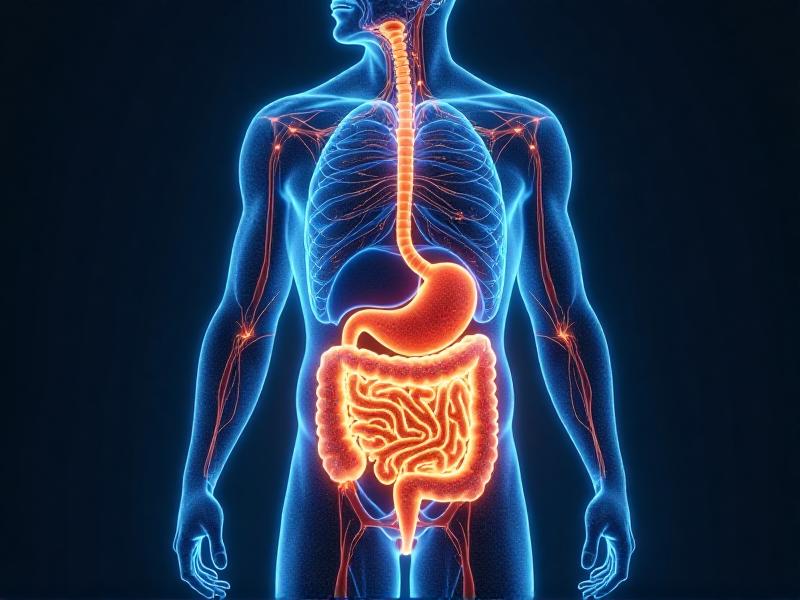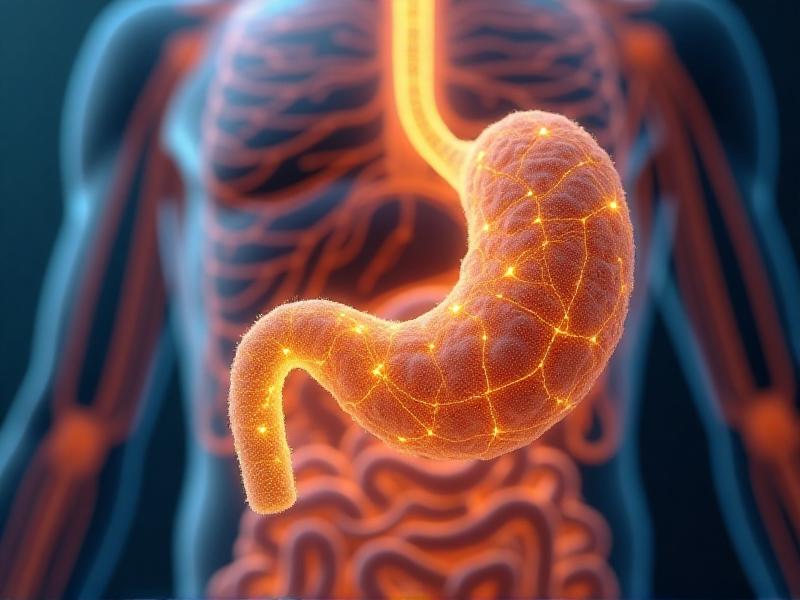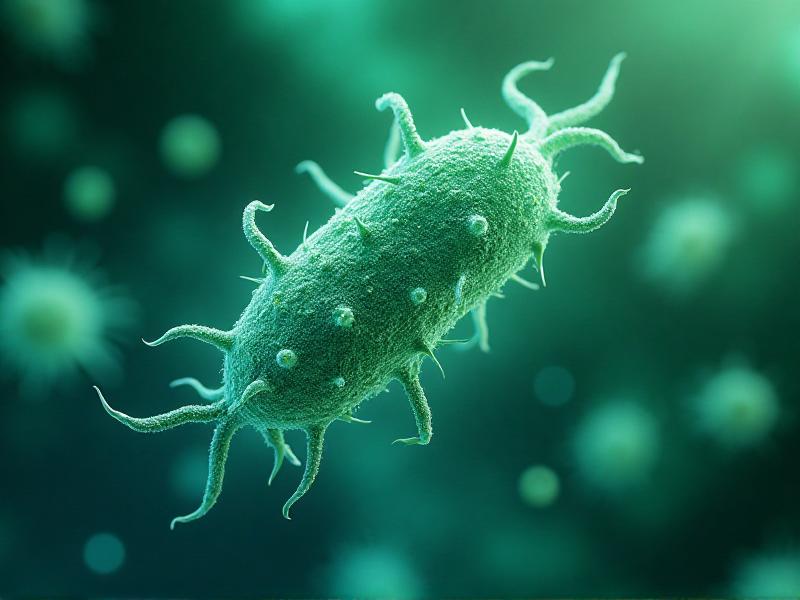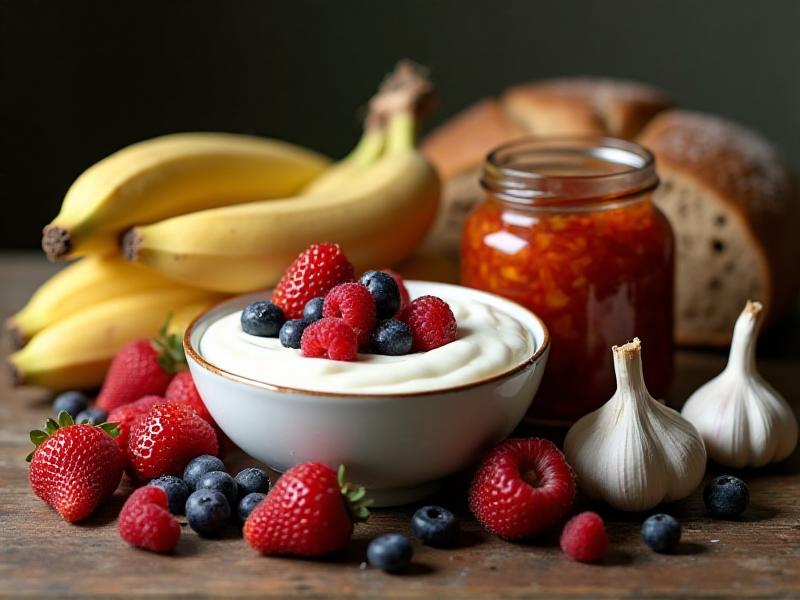Evidence-Based Hope: Probiotics in Depression Management
Introduction: The Intersection of Mental Health and Gut Health
In recent years, the connection between mental health and gut health has garnered significant attention in the scientific community. Emerging research suggests that the gut microbiome—the trillions of microorganisms residing in our digestive system—plays a crucial role in regulating mood, cognition, and overall mental well-being. This has led to the exploration of probiotics, live beneficial bacteria, as a potential tool in managing depression. While traditional treatments like therapy and medication remain essential, the idea of using probiotics to support mental health offers a promising, evidence-based avenue for hope.

The Gut-Brain Axis: A Two-Way Communication Highway
The gut-brain axis refers to the bidirectional communication network linking the central nervous system and the enteric nervous system in the gut. This connection is facilitated by neural, hormonal, and immunological pathways. For instance, the vagus nerve acts as a direct line of communication between the gut and the brain, while neurotransmitters like serotonin—often dubbed the "feel-good" chemical—are predominantly produced in the gut. Disruptions in the gut microbiome, such as dysbiosis (an imbalance of gut bacteria), have been linked to mental health disorders, including depression. Understanding this intricate relationship is key to exploring how probiotics might influence mental health.

Probiotics: More Than Just Digestive Aids
Probiotics are often associated with improving digestive health, but their benefits extend far beyond the gut. These live microorganisms, commonly found in fermented foods like yogurt, kefir, and sauerkraut, have been shown to modulate the immune system, reduce inflammation, and even influence brain function. Specific strains, such as Lactobacillus and Bifidobacterium , have demonstrated potential in alleviating symptoms of depression and anxiety. By restoring balance to the gut microbiome, probiotics may help regulate the production of neurotransmitters and reduce systemic inflammation, both of which are implicated in depression.

Scientific Evidence: Probiotics and Depression
Numerous studies have explored the potential of probiotics in managing depression. A 2017 meta-analysis published in the journal Nutrients found that probiotic supplementation significantly reduced symptoms of depression in participants. Another study in Gastroenterology highlighted that individuals who consumed probiotics experienced improvements in mood and cognitive function. While the mechanisms are still being unraveled, researchers hypothesize that probiotics may reduce inflammation, enhance neurotransmitter production, and strengthen the gut barrier, thereby mitigating depressive symptoms. However, it’s important to note that probiotics are not a standalone treatment but rather a complementary approach to traditional therapies.

Choosing the Right Probiotic: Strains Matter
Not all probiotics are created equal. The effectiveness of probiotics in managing depression depends on the specific strains used. For example, Lactobacillus helveticus and Bifidobacterium longum have shown particular promise in clinical trials. When selecting a probiotic supplement, it’s crucial to look for products that specify the strains and their concentrations. Additionally, factors like shelf stability, delivery methods (capsules, powders, etc.), and the presence of prebiotics—which feed the beneficial bacteria—should be considered. Consulting a healthcare professional can help tailor probiotic use to individual needs.

Potential Challenges and Limitations
While the potential of probiotics in depression management is exciting, there are challenges and limitations to consider. The gut microbiome is highly individualized, meaning that what works for one person may not work for another. Additionally, the quality and efficacy of probiotic supplements can vary widely, and more research is needed to establish standardized guidelines. There’s also the risk of overhyping probiotics as a "miracle cure," which could lead to unrealistic expectations. It’s essential to approach probiotics as part of a holistic treatment plan, rather than a standalone solution.

Integrating Probiotics into a Holistic Mental Health Plan
To maximize the benefits of probiotics, they should be integrated into a comprehensive mental health plan that includes therapy, medication (if prescribed), exercise, and a balanced diet. Incorporating probiotic-rich foods into daily meals, such as yogurt, kefir, and fermented vegetables, can be a simple yet effective step. Additionally, reducing the intake of processed foods and sugar, which can negatively impact gut health, is crucial. Mindfulness practices like meditation and stress management techniques can further support the gut-brain axis, creating a synergistic effect that enhances overall well-being.

The Future of Probiotics in Mental Health
As research into the gut-brain axis continues to evolve, the future of probiotics in mental health looks promising. Advances in microbiome sequencing and personalized medicine may soon allow for tailored probiotic treatments based on an individual’s unique gut microbiome. Additionally, the development of psychobiotics—probiotics specifically designed to target mental health—could revolutionize the field. While there is still much to learn, the growing body of evidence offers hope for those seeking alternative or complementary approaches to managing depression.

Final Thoughts: A New Frontier in Mental Health
The exploration of probiotics in depression management represents a new frontier in mental health care. By addressing the root causes of depression through the gut-brain axis, probiotics offer a unique and evidence-based approach to improving mental well-being. While they are not a cure-all, their potential to complement traditional treatments is undeniable. As science continues to uncover the intricate connections between our gut and brain, the hope for more effective, holistic solutions grows stronger. For those navigating the challenges of depression, probiotics may provide a beacon of hope, grounded in science and supported by nature.










